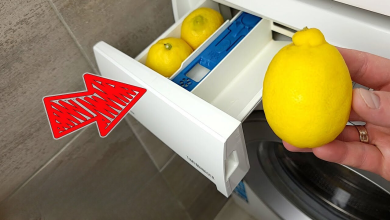They sleep separately.
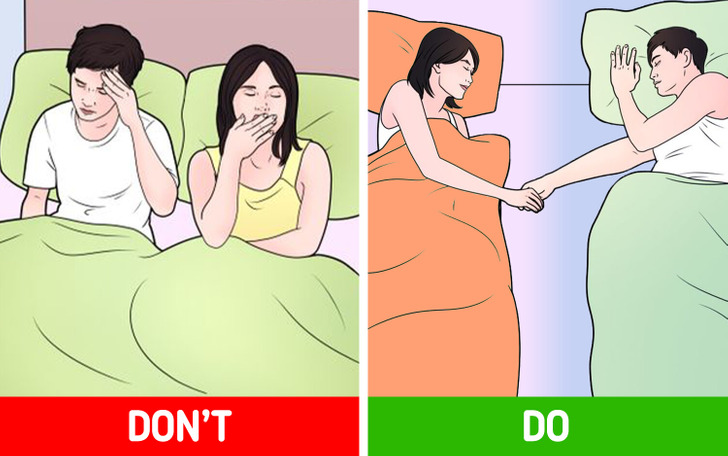
Japanese couples often opt to sleep separately due to their varying work schedules. Waking a partner who needs rest because one returns late from work or must depart early can disrupt their sleep quality. Hence, sleeping in separate rooms ensures each partner enjoys undisturbed and healthier sleep.
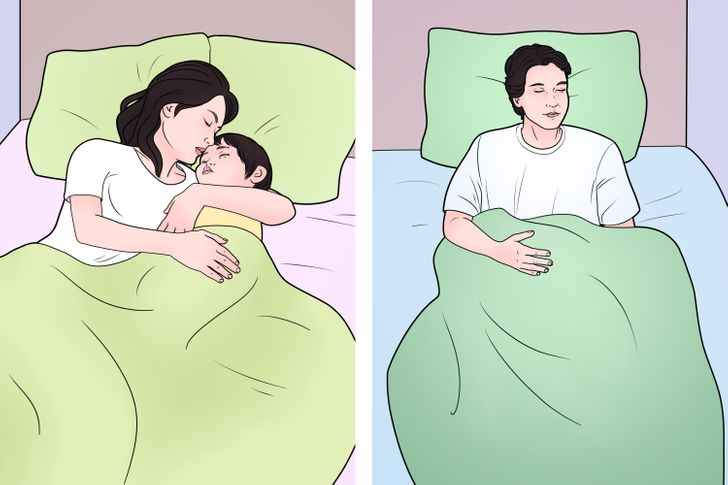
In Japanese culture, it’s common for mothers to sleep alongside their children, a practice deemed crucial. Consequently, fathers must choose between sharing the same bed or retreating to another room. Scientific studies affirm the benefits of co-sleeping, aiding both parents and children in achieving deeper rest. This practice helps regulate the child’s temperature and heart rate, crucial in infancy, and reduces the risk of sudden infant death syndrome. Moreover, it fosters a child’s self-esteem, hastens independence, and enhances academic performance.
They prefer walking over exercise.
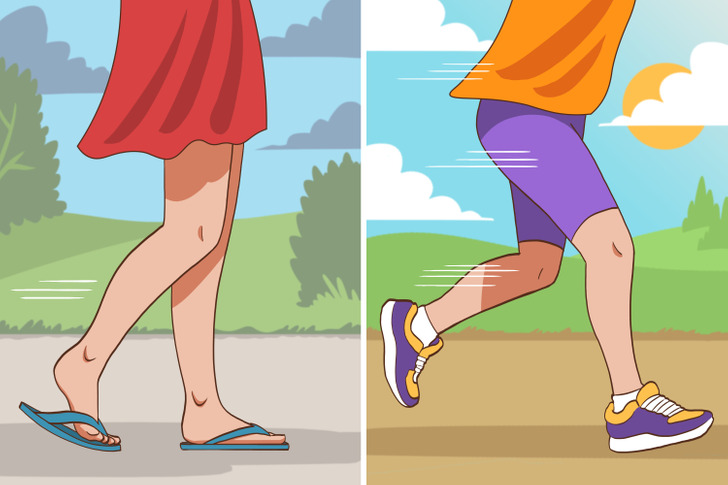
The Japanese are renowned for their lifelong commitment to staying active, with walking being a beloved pastime. This activity allows them to engage in conversation while getting exercise, offering both physical and social benefits. As one enthusiast put it, “You walk, you talk, you get exercise and that helps build up a sense of community.”
They sleep on the floor.
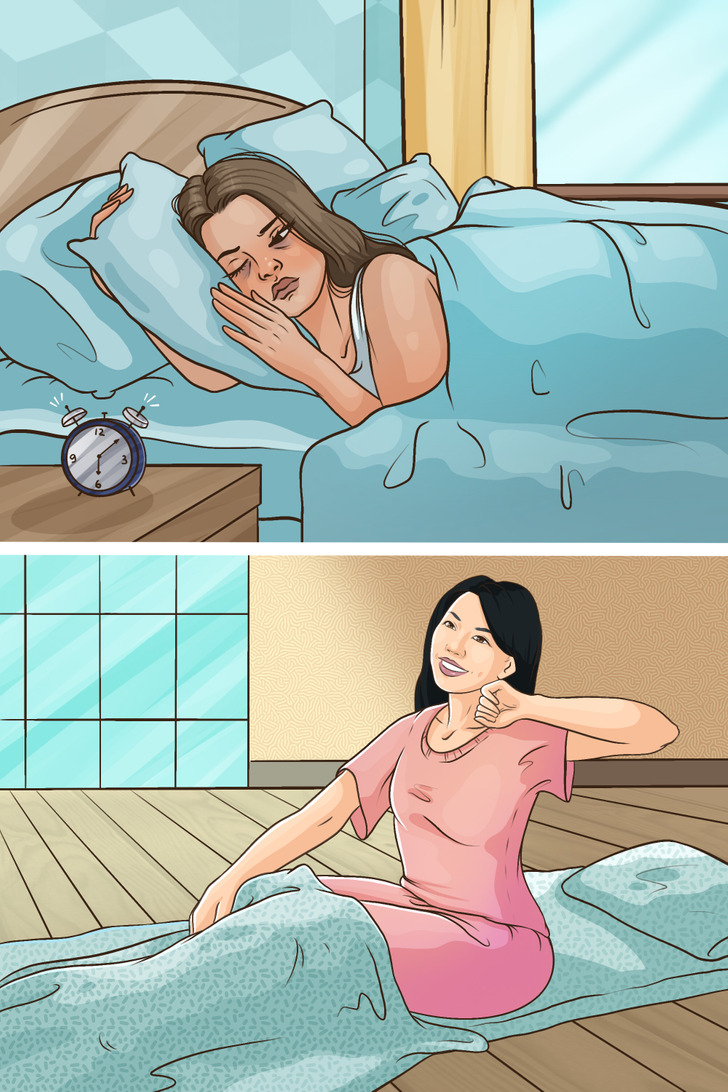
Sleeping on the ground offers remarkable health advantages. Resting on a firm, level surface benefits your back, potentially alleviating long-standing pain. Despite the initial comfort of a soft bed, over time, it may sag, causing spinal curvature and subsequent back discomfort. Medical professionals even suggest placing plywood beneath a soft mattress to rectify this issue. Opting to sleep on the floor helps maintain spinal alignment and prevents your body from contorting into unnatural positions.
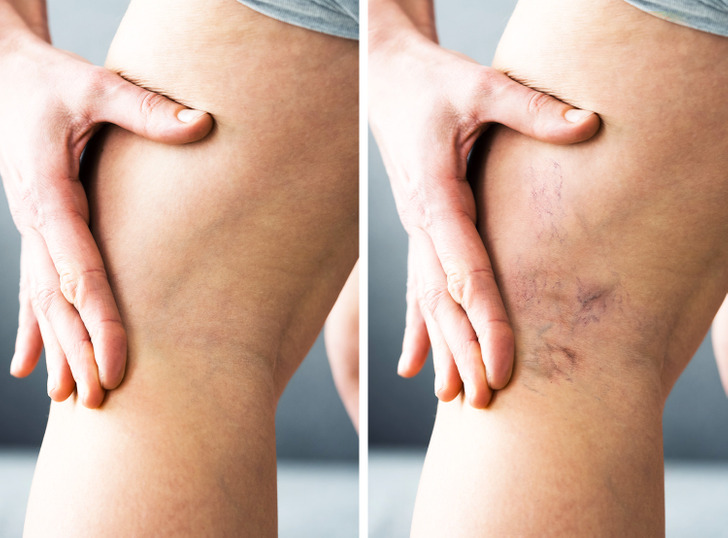
Sleeping on the floor promotes better blood circulation by evenly distributing your weight and reducing pressure on various body parts. This natural sleeping position helps prevent numbness and tingling associated with poor circulation. Conversely, sleeping curled up on your side can impede blood flow, leading to potential health issues such as blood clots and varicose veins as blood circulates and returns to the heart.
They don’t drink water with meals.

© freepik / Freepik
In Western restaurants, it’s customary for servers to provide patrons with large glasses of water adorned with ice and lemon slices. However, Japanese establishments typically offer less water to their customers. This is rooted in the belief that excessive water consumption can impede digestion of the day’s meal.

Drinking water with your meal dilutes saliva, impacting the release of gastric juices crucial for digestion. Consequently, the stomach receives weaker signals to break down food, potentially leading to bloating.
Furthermore, consuming water during meals increases stomach volume and pressure, akin to a large meal, exacerbating certain health conditions and elevating the risk of acid reflux. Reduced secretion of digestive enzymes due to water intake can trigger a cascade of side effects, including heartburn.
Bonus: They don’t tip.
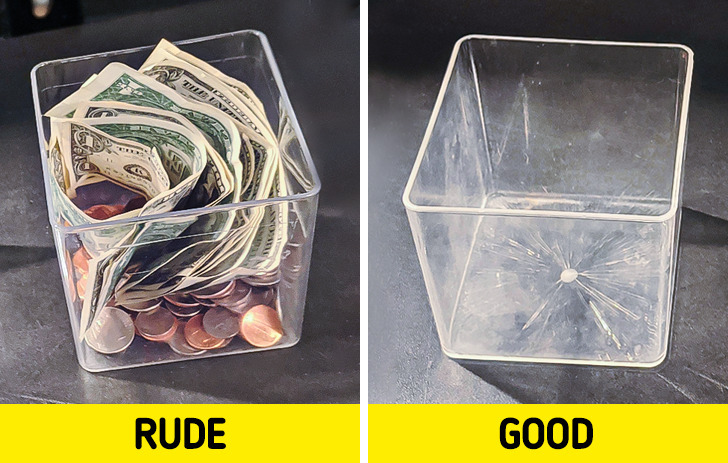
Travelers heading to Japan should note: there’s no need to bring extra yen for tipping. In Japanese culture, service is deeply ingrained in the job, and tipping isn’t customary as a form of appreciation. In fact, it might be perceived as disrespectful, suggesting that the service provider is seeking extra money rather than executing their duties with pride.
In our previous article, we shared the story of a Japanese couple who didn’t speak to each other for 20 years, and the reason is astonishing.







